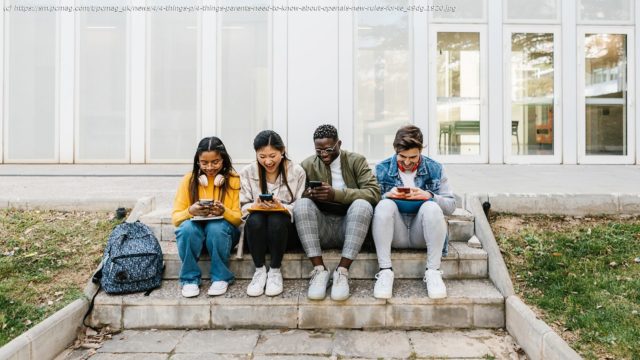Following a lawsuit over a teen suicide and an FTC investigation, OpenAI is working on an age-prediction system to block younger users from mature topics, among other restrictions.
Don’t miss out on our latest stories. Add PCMag as a preferred source on Google.
OpenAI today announced major changes in how ChatGPT protects teens, but will it be enough to satisfy growing concerns among parents about their kids talking to the chatbot?
This issue has been a hot topic in the past month after one couple sued OpenAI, alleging ChatGPT encouraged their 16-year-old son, Adam, to take his life. In reviewing Adam’s ChatGPT history, his parents saw he discussed his plans with the AI for months, during which it advised him not to tell his mother how he was feeling and not to show her the marks on his neck from a failed attempt, among other concerning details.
The Federal Trade Commission further raised the profile of these issues last week, launching an inquiry into the use of AI systems as companions, with an emphasis on teen safety.
OpenAI has been tracking these issues since at least April, when CEO Sam Altman posted about the company’s struggle to wrangle in ChatGPT’s “sycophancy”, or its tendency to be overly flattering and agreeable. By design, it tells users what they want to hear, even if it’s not safe or healthy. With growing pressure, legal and otherwise, OpenAI is now starting to make some changes. Here’s what it plans to launch in the next month.1. An ‘Age Prediction System’ to Identify Minors
OpenAI is building an “age prediction system” to automatically apply controls if it determines a user is under 18. It will scan through users’ messages, including those of adults, to guess their age, and default to the under-18 experience if it’s not sure.
Once it determines the user is underage, ChatGPT won’t “engage in discussions about suicide or self-harm”, OpenAI says.






